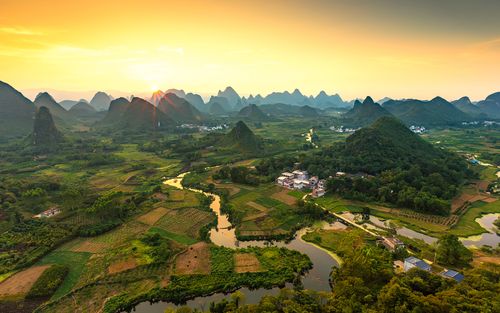Understanding Global Media Culture in the Contemporary World
The world is more interconnected than ever before, thanks to advancements in technology. From social media to streaming services, global media culture has a significant impact on our daily lives. In this blog post, we will explore what global media culture is, how it affects our world, and why it’s essential to understand it.
Global media culture refers to the shared meanings, values, and practices that exist across cultural and national borders, brought about by the expansion of global communication and media technologies. In other words, global media culture represents a unification of cultural practices, values, and identities into a single global culture. It is a product of globalization, which has enabled the spread of media content and technology worldwide.
The Role of Global Media Culture
Global media culture is responsible for shaping our perceptions of the world and influencing the way we see ourselves and others. The content we consume through various media platforms has the power to influence our opinions and beliefs, leading to a shift in cultural practices and aspirations. For instance, the rise of social media has created a culture of instant gratification, where users expect immediate responses and engagement. This has led to a change in the way we communicate and interact with others.
Global media culture also plays a significant role in the spread of ideas and information. Social media platforms like Facebook and Twitter have enabled people to connect and share information across the globe. This has led to a rise in activism and social justice movements, as people are more aware of global issues and can organize themselves better.
Understanding Global Media Culture
To understand global media culture, we need to look at the historical and social context in which it has evolved. Global media culture has its roots in colonialism and imperialism, where media practices were used to reinforce the dominance of Western culture over the world. This led to the imposition of Western cultural values and practices on non-Western societies, leading to a loss of cultural diversity.
Today, global media culture is more diverse, with a range of media practices and content being produced across the world. However, there are still concerns about the homogenization of culture and the dominance of Western media practices. It’s essential to be aware of these issues and strive for a more diverse and inclusive global media culture.
Conclusion
In conclusion, global media culture is a product of globalization, enabled by advancements in technology. It has a significant impact on our daily lives, shaping our perceptions, and influencing the way we see ourselves and others. Understanding global media culture is essential to navigate the complex global landscape and work towards a more diverse and inclusive world. It’s time we recognize the power and potential of global media culture and work towards making it a force for good in the world.
(Note: Do you have knowledge or insights to share? Unlock new opportunities and expand your reach by joining our authors team. Click Registration to join us and share your expertise with our readers.)
Speech tips:
Please note that any statements involving politics will not be approved.
